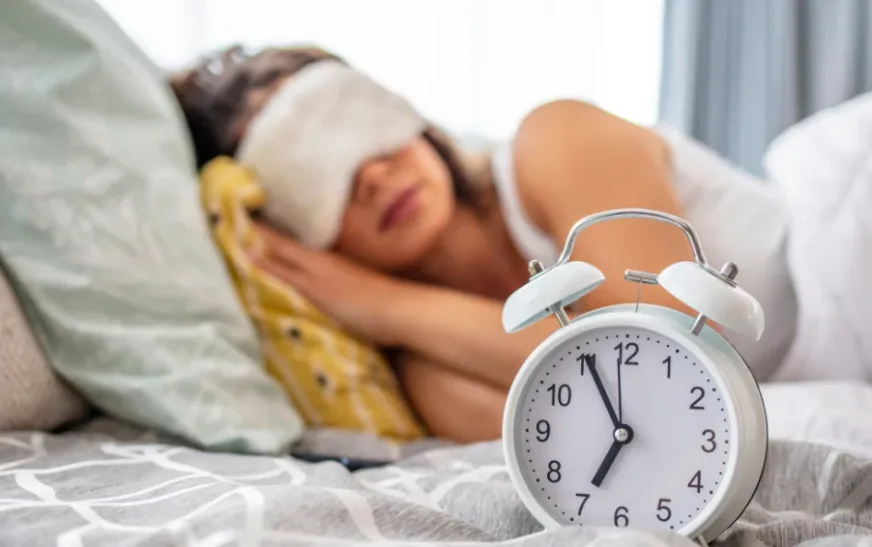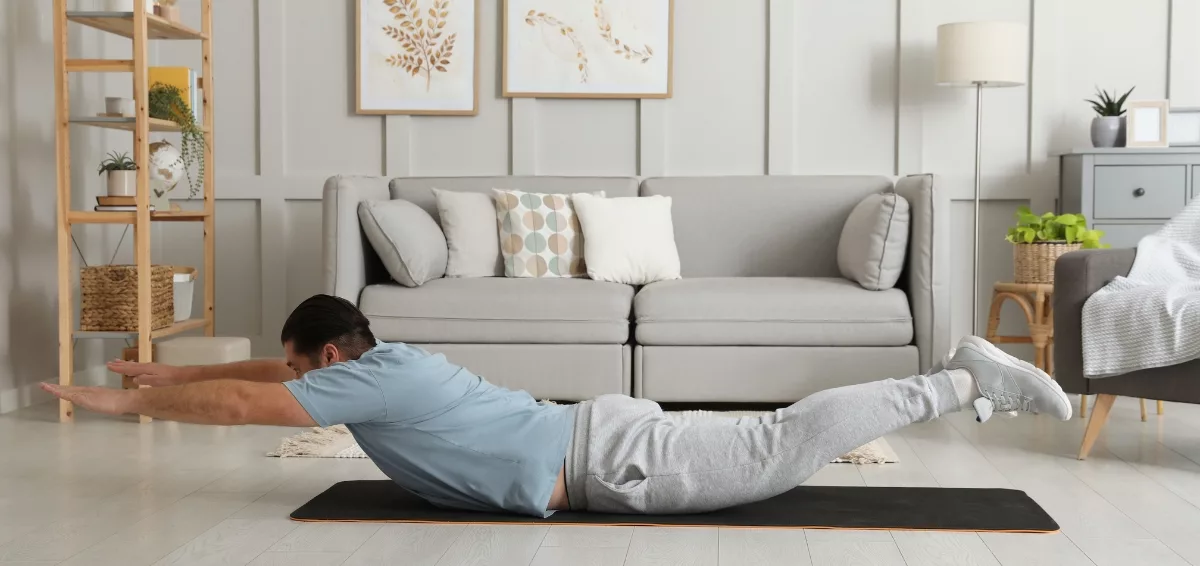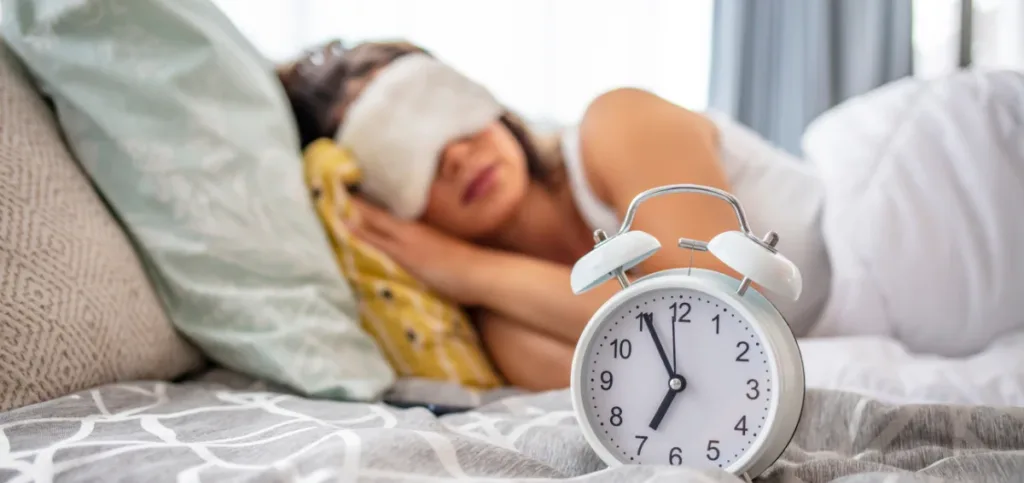
Approximately one in six Americans report smoking marijuana. This is by no means a small figure. But what happens when you go to sleep after smoking? In other words, what happens when you sleep high? To put it in a nutshell, cannabis does improve sleep. But its effects are most pronounced in people with health conditions like chronic pain, multiple sclerosis, insomnia, and post-traumatic stress disorder. It is not advised to rely on cannabis for sleep, as this dependence over some time may prove detrimental to health. Let’s find out more about going to sleep while high.
The Effect of Marijuana on Your Sleep

One of the benefits of THC is that it facilitates quick sleep. Cannabis has especially proven its mettle among those with insomnia, depression, restless leg syndrome, and PTSD. The drug gives them a longer sleep, which is essential for optimal health. Beyond this category, cannabis has also been able to induce sleep in those without any conditions. People have experienced uninterrupted hours of sleep after being high.
Cannabis decreases your body temperature to induce sleep. Secondly, it changes your sensitivity level to adenosine. Adenosine is the name of a chemical in human cells. It builds up throughout the day in your brain. So, when you go to sleep, you feel naturally tired and can fall asleep. Cannabis also quietens the amygdala, the part of the brain linked to emotions and fear. Besides, it also reduces anxiety. All of these effects of cannabis make way for a longer and more restful night’s sleep. But to avail of them, you need to take the right dosage of the drug.
Read Also: Can You Smoke Shrooms
Do All Strains of Cannabis Promote Sleep?
No, different strains of cannabis offer alternative effects. The two most widely consumed are indica and sativa. Indica is more calming and promotes greater relaxation. It is commonly used by those with chronic pain to sleep. On the other hand, sativa provides more energy-boosting effects. Its stimulating effects make it ideal for instances when you want to stay alert for a long time. What happens when you sleep high with cannabis?
Benefits of Cannabis for Sleep
There is still not enough research into whether cannabis is good for sleep. However, trials conducted so far have certainly shown that the drug indirectly influences sleep. The benefits of cannabis for sleep can majorly be seen in the following:
1. For People With Insomnia

CBD works with the hypothalamus, which is the part of the brain that influences sleep-related functions. CBD suppresses the overactive stress reaction during sleeping hours. It harmonizes the sleep-wake rhythm by counteracting hormones.
2. People With Sleep-Wake Disorders
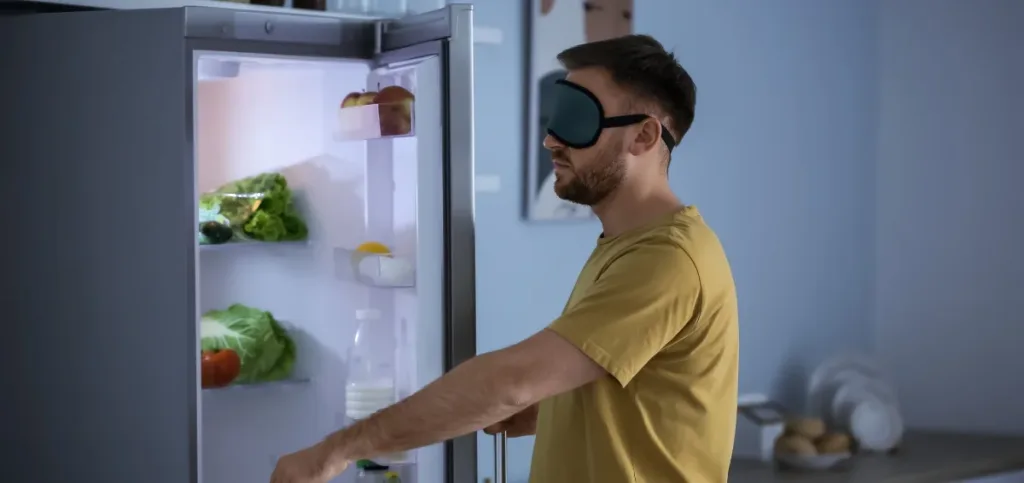
People with sleep-wake disorders have a poorly regulated internal clock of the body. As a result, they are unable to fall asleep during the night. CBD acts on cannabinoid receptors. This starts a series of events that ultimately results in a natural sleep timing that is in alignment with the usual rhythm of the night and day. Considering this, CBD is ideal for those with disrupted sleep schedules due to work or travel, those on shift work, or those with a health condition disrupting their sleep.
3. Those With Restless Leg Syndrome (RLS)
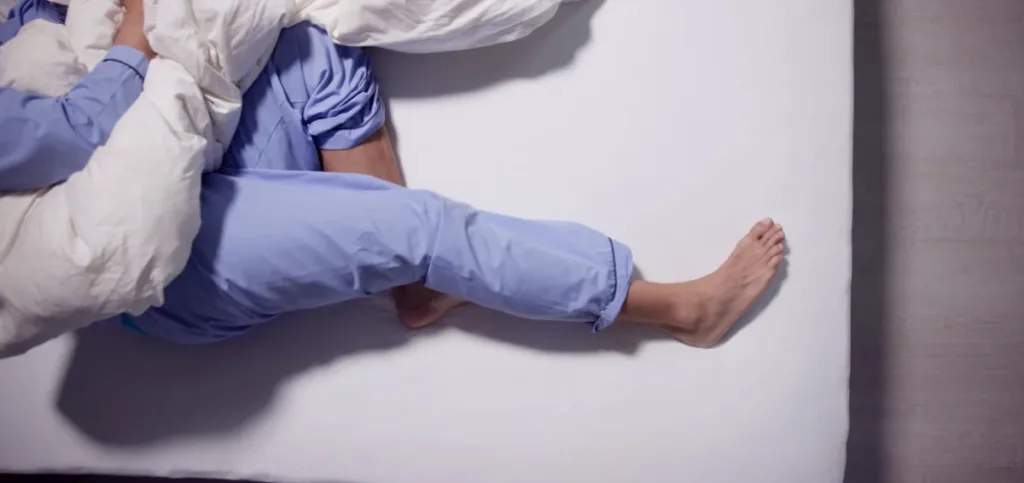
CBD helps people with restless leg syndrome by lowering how often the abnormal nerve fires that cause people to move their legs. People frequently wake up because of limb movement while sleeping especially experience much relief. However, more research is needed to fully establish the efficacy of CBD for people with restless leg syndrome.
4. People With Anxiety
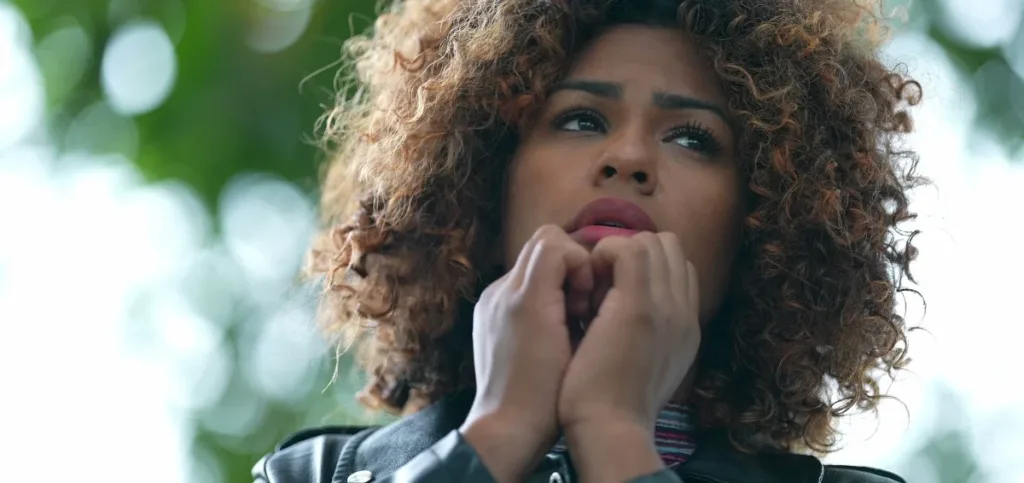
The effect of CBD on anxiety is mainly linked to its action on the endocannabinoid receptors in the limbic system. These brain areas regulate emotions, sexual arousal, sense of smell, storage of memories, and learning patterns. Anxiety occurs as a result of experiencing an intrusive thought or memory. CBD stimulates the ECS to suppress that memory. Thus, it makes way for better sleep.
5. People With Different Types of Pain Conditions

One of the most common pain conditions is chronic pain. It refers to any physical pain lasting for more than three months. Researchers have found Sativex (a cannabis-based medicine) to be an effective treatment for pain affecting the body tissue, nerves, and mixed pain. The medicine helped those with arthritis and joint pain by reducing the intensity of pain during movement and at rest and gave them a better quality of sleep. In the case of neuropathic pain, topical CBD can lower the intense and sharp pain, along with cold and itchy sensations that patients feel.
Also Read: Who is Not a Good Candidate for Ketamine Therapy?
Risks of Going to Sleep High
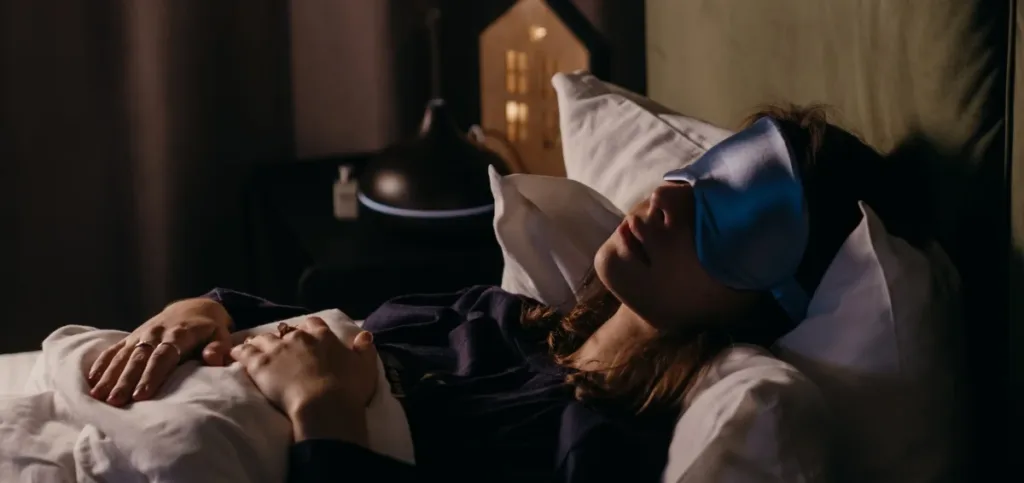
It is not a good idea to see cannabis as a kind of magic sleep aid. Sure, it offers several benefits, but like everything, it also has another side. Although CBD induces sleep, it does so at the cost of deteriorating your overall sleep quality. How so, you may ask. A standard sleep cycle is characterized by light sleep, followed by deep sleep, and then REM (rapid eye movement) sleep. In the last phase, you are likely to have dreams. Each of these stages is important for your brain health. But cannabis seems to wreak havoc with REM sleep by delaying its arrival and reducing its amount.
Those who are in the habit of taking higher doses of cannabis regularly in a bid to sleep well often have fewer dreams. Not only that, but cannabis also takes away the rapid eye movement, which is a part of REM sleep. It hurts a person’s cognitive function. Sleeping with less amount of REM sleep over some time can make you feel more lethargic than usual. Moreover, CBD is addictive. If you regularly smoke it to fall asleep, you can develop an addiction. People who are dependent on marijuana have to gradually increase its amount to get the same effect. This addiction is not healthy for your overall brain health.
Final Thoughts
Everyone’s response to cannabis is different. So, we cannot predict for certain the effects that your body will feel. Using CBD occasionally is relatively safe and beneficial for sleep. However, as with everything, it is best not to rely on it solely, as it can change your usual sleeping patterns. If you feel like you are overdosing on the drug, seek professional help as soon as possible. What happens when you sleep high with cannabis?

